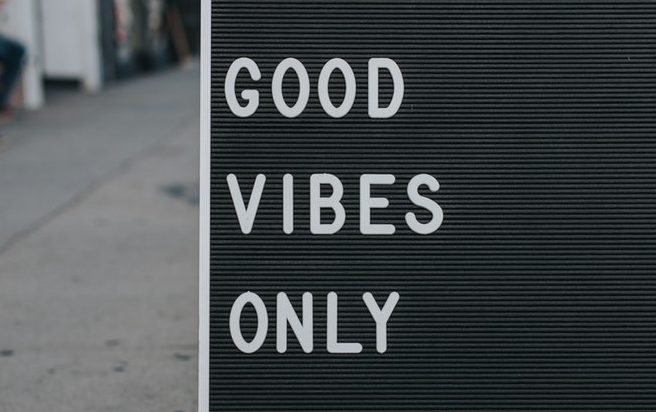|
I’ve been contemplating feedback lately and the irony that the word has two meanings; to give/receive some form of praise or critique and the horrible ear-splitting noise that sound equipment emits when it is not yet properly set up. Feedback (in both senses of the word) has the effect of quickly grabbing our attention and eliciting some form of reaction or response. Feedback (again in both senses of the word) is also temporary.
As our careers progress, we become better at being able to receive feedback, but that doesn’t always mean we know what to do with it. Healthy feedback, delivered with compassion and our best interests at heart has the opportunity to help us grow and develop in our pursuits. However, one person’s definition of “constructive” may touch another person’s excruciating vulnerabilities (knowingly or unknowingly). I myself have spent weeks crafting a thoughtful summation of an employee’s strengths and weaknesses, designed to enable collaboration on potential areas of development…and had it received with a visible flinch (cue the ear-piercing noise from a large speaker…). Both the giving and receiving of feedback has lessons for all parties. It can be hard to hear (or learn) about our weaknesses, either because we don’t want to know this about ourselves, or because others can see it (sometimes it is both). The flip side of critique is praise; having someone recognize something we did as “well done” or “beyond expectations” is something we may crave. Oddly enough, we may receive praise with the same wariness we receive critique, not allowing it to really sink in because we may think this person is “just being nice” or because we fear the “new” standard of performance our success has just set. In many cases we will remember critique, but not praise, criticism having an “emotional weight” that is heavier then the perceived lightness of praise. So with that, would it surprise you to learn that over the great wash of time we are likely to receive as much praise as criticism? What we chose to remember and let touch us may not be balanced, but they do equalize over time (track it for yourself and see, but be prepared to be objective and let each touch you in meaningful ways). At the end of the day what other people offer to us, and think about us, is fluid; it may change over time and hold both positive and negative aspects of our way of being. What we are left with then is…ourselves. We cannot always change the way others experience or perceive us because we do not control them, nor are we experts on others (much as we may lead ourselves to think otherwise from time to time). We are only in control of ourselves, and we experts on ourselves too. Acknowledging feedback (both positive and negative) is part distortion and part education and requires us to be the stewards of our own development, knowing what is objective and reasonable to consider, and what is not, allowing the right things to touch and influence us at the right time for the right reasons. Without both praise and critique we would have a difficult time discerning the right thing to do, it would be like walking in a blinding snowstorm with no reference points to guide the way. We need both to shed their different lights on something to allow us to see what is being called for…the answer becomes visible through their shadow and light, allowing us to see and know our unique path. “Once people take ownership over the decision to receive feedback, they're less defensive about it.” ~Adam Grant Other blogs on this topic you may find useful: http://www.loveyourworkinglife.com/blog-everyday-potential/guiding-light-guiding-dark http://www.loveyourworkinglife.com/blog-everyday-potential/how-the-truth-sets-you-free-at-work http://www.loveyourworkinglife.com/blog-everyday-potential/building-self-awareness Comments are closed.
|
|
|

